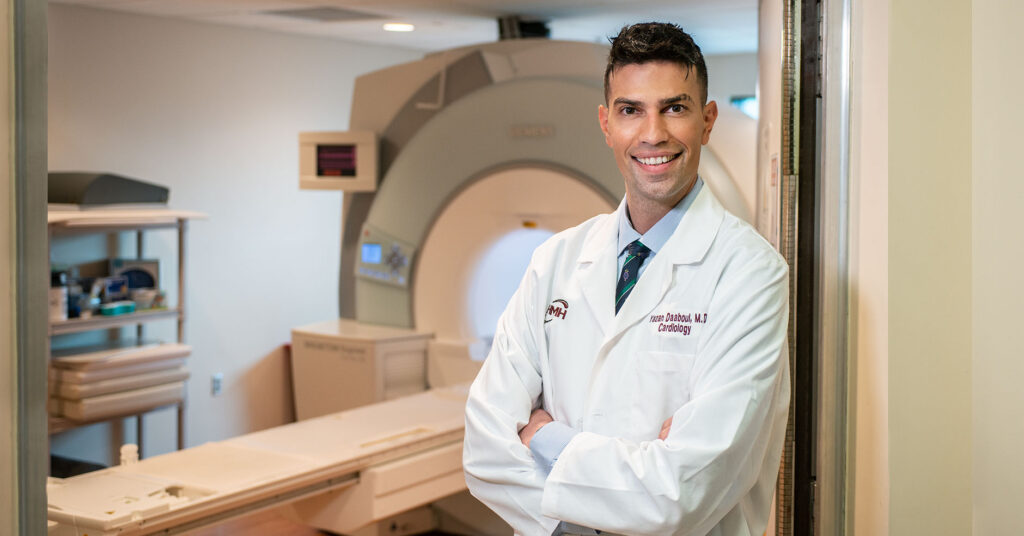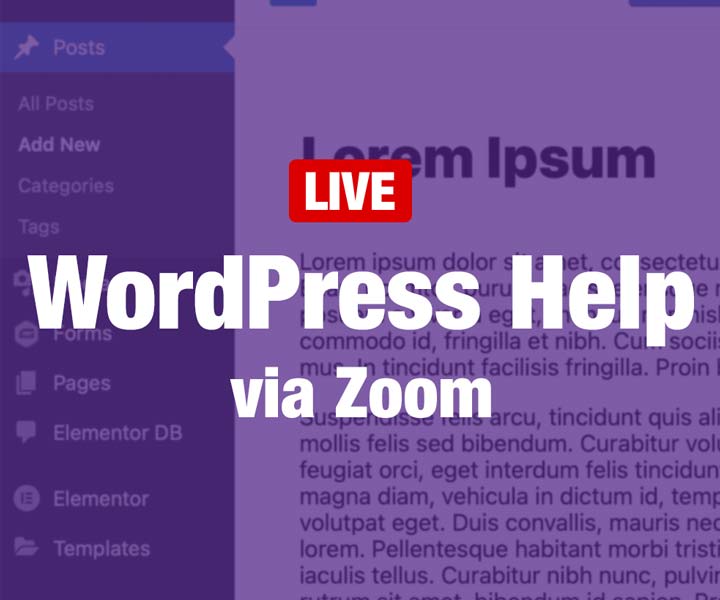Harrison Memorial Hospital adds cardiac MRI
CYNTHIANA Harrison Memorial Hospital (HMH), an independent, not-for-profit, community-based hospital in Cynthiana, Kentucky, has recently taken significant steps to increase and enhance cardiac care for its patients in Central Kentucky by investing in equipment and staff.
In July 2023, Yaz Daaboul, MD, joined the HMH medical staff to lead their Advanced Cardiac Imaging Program, and in October, the hospital upgraded the equipment for its MRI system to perform cardiac MRIs.
With the introduction of cardiac MRI, HMH now offers a complete spectrum of cardiac imaging services, including exercise and pharmacological nuclear cardiac stress imaging, transthoracic echocardiograms, transesophageal 3D echocardiograms, cardiac computed tomography angiography (CCTA), tilt table tests, short-term and long-term heart rhythm monitors, and electrocardiograms. These services, combined with interventional cardiology led by Matthew Shotwell, MD, make Harrison Memorial Hospital’s cardiac services truly comprehensive.
With cardiovascular MRI now available, cardiologists at HMH have enhanced ability to treat patients with a range of heart conditions, including heart failure and cardiomyopathies, myocarditis, infiltrative disease, valvular heart disease, congenital heart disease, cardiac masses, and pericardial disease.
“The introduction of cardiac MRI is a tremendous addition to our cardiac services and reinforces our dedication to staying at the forefront of medical technology. It also ensures the best possible outcomes for our patients,” says Stephen Toadvine, MD, CEO of Harrison Memorial Hospital. “We remain dedicated to providing high-quality, patientcentered cardiac care for our community
Meet Yaz Daaboul, MD
Yaz Daaboul, MD, is board-certified in internal medicine, cardiovascular disease, structural and general echocardiography, and nuclear cardiology medicine. Daaboul obtained his Bachelor of Science in biology from the American University of Beirut, Lebanon, followed by his medical degree from Lebanese American University, Lebanon. He completed his internal medicine residency at Tufts Medical Center, Boston, where he also completed fellowships in cardiology and advanced cardiac imaging.
According to an HMH press release, Daaboul has authored more than 100 original research publications, abstracts, and book chapters, including in Topol’s Textbook of Interventional Cardiology, Braunwald’s Heart Disease companion textbook for Nuclear Cardiology and Multimodal Cardiovascular Imaging, and Springer’s textbook on Quality Measures. His research work has been cited 2000+ times.
He also serves as the medical director of the Imaging Core Lab at Baim Research Institute in Boston.
Meeting Unmet Needs
Daaboul enthusiastically speaks about his passion for excellence, “meeting unmet needs” when it comes to his education, his training, and his care for his patients. Lebanon, he says is a great country and provided him with a great medical education, but “Nothing compares with the opportunities and training in healthcare that is found in the U.S. We are constantly and extensively training to be the best doctors in the world. I wanted to be part of that,” he says.
Being the best version of himself included ten years at Tufts Medical Center, in a fast-paced urban environment, surrounded by

colleagues as determined as he was. When the opportunity was presented to him to lead his own program at Harrison Memorial Hospital in a rural setting, he took the challenge.
“I feel like I am finding my own way, meeting my needs to be the best doctor that I can be,” Daaboul says. “When you’re a doctor in a rural environment, you meet patients, not only in clinic, but also in the community. You’re not just a doctor in an office; you’re part of the community. It’s really refreshing; and it reminds me why I wanted to be a doctor in the first place — helping people.”
The magic of cardiology, says Daaboul, is that every day is different. “Literally, every hour of every day you don’t know what’s in the next room, who you’re going to meet, what condition they have, how you are going to help them get better.”
The diversity of cases is seen in Daaboul’s patient population, which can range from a young individual with congenital heart defects, to middle-aged individuals with sudden onset of symptoms or chronic heart disease, to older patients with advanced heart disease. He also sees some patients for preventative cardiac care. A typical week is clinic four days a week, Monday through Thursday, from 8 am to 3:30 pm, seeing, along with a team in the cardiology clinic, around 80 to 100 patients per day.
“We have an incredible team of nurses and staff who do all the heavy lifting,” says Daaboul. “It truly takes a village to see all the patients that we see in one day and to care for each of them in a patient-centered approach.” Currently, the cardiology team at HMH has 15 team members, which includes two cardiologists and four advanced practice providers.
“Most importantly, we are an open clinic,” says Daaboul. “We are practically a walk-in clinic for people who are having symptoms of heart problems. We never turn someone away. Our scheduled 80 patients per day can easily turn into 100.”
Cardiac Care in Rural Kentucky
Cardiovascular disease is widespread in the Cynthiana community, says Daaboul. “Cardiac comorbidity is palpable and prevalent,” he says. “As a cardiologist, I have to adjust my threshold on what to look for in my patients for underlying causes, like smoking, obesity, diabetes — all of the common risk factors in the community. I also have to understand that in a rural community, many of my patients have not had longterm access to preventative healthcare, so many symptoms were ignored, or not managed, until a bigger problem exists, and they finally come in to see me. That is a challenge.”
Bringing advanced cardiac imaging to his patients at HMH will be a gamechanger, says Daaboul. “Now, for instance, we’re not only listening to the heart valves, but we’re looking at them and scrutinizing the heart chambers and tissue characteristics as well. We’re growing our program, and it’s a manifestation of how much our patients trust us with their care, with their family’s care, and their extended families as well.”
One of the hallmarks of cardiac MRI is that it does not involve radiation exposure, making it a safe and effective diagnostic tool. “Patients can expect precise and detailed images of their heart’s chambers, valves, and muscles, facilitating accurate diagnoses and improving treatment plans,” says Daaboul.
HMH CEO Toadvine says that the volume of cardiac MRIs at HMH started at one or two per day and has been rapidly increasing since the installation.
Research and Clinical Trials
As medical director of the Imaging Core Lab at the Baim Research Institute, research remains one of Daaboul’s passions. One of his goals is to add Harrison and surrounding counties to the map of cardiovascular clinical trials. “Being part of the research that generates the guidelines and treatments in the cardiovascular field gives us the opportunity to tailor our treatments in a way we know for a fact our patients would benefit from,” says Daaboul.
“We are in active communications with research partners about making Harrison Memorial a site of clinical trials,” says Daaboul. There is precedent, he notes, such as the Framingham Heart Study, where, since 1948, researchers have conducted long-term cohort studies on arteriosclerotic cardiovascular disease, collecting data from three generations of residents in a small town in Massachusetts.
“If anything, Cynthiana and Harrison Memorial are great at pioneering things, and I won’t be surprised that, at some point in time, there will be a Cynthiana Heart Study,” says Daaboul.


